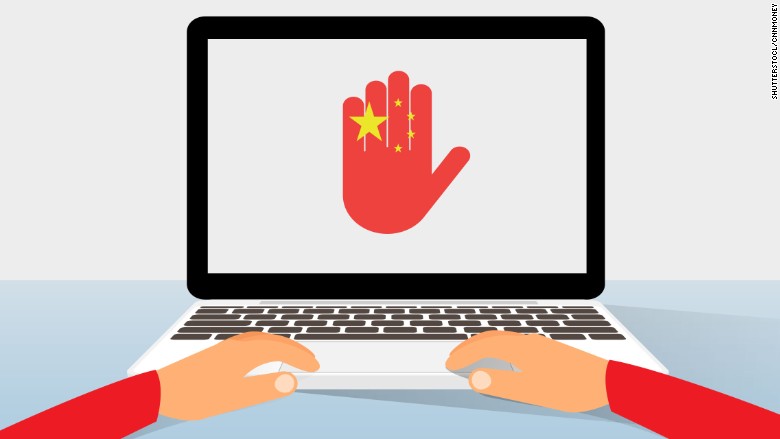
The prestigious publishing arm of one of the world's top universities is under fire for bowing to pressure from China to censor sensitive articles.
Britain's Cambridge University Press, which describes itself as the oldest publishing house in the world, has admitted it blocked hundreds of articles from being read online in China following a request from Beijing.
The academic articles appeared in the publisher's highly regarded China Quarterly journal. Its editor, Tim Pringle, has expressed "deep concern and disappointment" over the censorship.
The decision is "a craven, shameful and destructive concession" to the Chinese government's "growing censorship regime," Georgetown University professor James Millward wrote in an open letter published over the weekend.
On Monday, an online petition threatening a boycott of the publisher and its journals was gathering signatures from academics around the world.
Many of the blocked articles covered subjects that Beijing tries to stamp out in the news media and on social networks, including the Tiananmen Square massacre, the Cultural Revolution and Tibet.
Related: Facebook finds a way into China
The not-for-profit publisher defended its action as necessary to ensure that China doesn't block "entire collections of content." But Millward was just one of a number of prominent academics to blast Cambridge's move.
"Chinese students and scholars reading a censored version of The China Quarterly will encounter only historical facts and scholarly analyses approved by political authorities," Greg Distelhorst of MIT and Jessica Chen Weiss of Cornell wrote in a letter to Cambridge University Press.
"This censored history of China will literally bear the seal of Cambridge University," they said.
The Cambridge press, which has been operating since the reign of Queen Elizabeth I in the 16th century, has run into a challenge faced by other global publishers: obey China's censors or be locked out of its giant market.
Related: Apple's Tim Cook hopes China will ease VPN restrictions
Top news organizations like The New York Times have had their websites blocked in China for years after publishing articles that upset the ruling Communist Party.
"Western institutions have the freedom to choose," said an English-language opinion article published Sunday by Global Times, a provocative but state-sanctioned Chinese tabloid. "If they don't like the Chinese way, they can stop engaging with us. If they think China's internet market is so important that they can't miss out, they need to respect Chinese law and adapt to the Chinese way."
China's General Administration of Press and Publication, a regulatory body, didn't respond to requests for comment Monday.
Cambridge said it wouldn't proactively censor its content in China and was troubled by the recent increase in requests to block individual articles, an issue it said it plans to raise with Chinese authorities at this month's Beijing Book Fair.
Related: Banned! 11 things you won't find in China
"The issue of censorship in China and other regions is not a short-term issue and therefore requires a longer-term approach," it said. "There are many things we can't control but we will continue to take every opportunity to influence this agenda."
Its explanation has failed to sway its critics.
Submitting to Beijing's demands is "a misguided, if understandable, economic decision that does harm to the Press' reputation and integrity," said Jonathan Sullivan, director of the China Policy Institute at the University of Nottingham.
"This is not the first time Beijing has leveraged the economic power of the Chinese market for political gains," he wrote in a blog post. "The fear is that it won't be the last time that Western academia is the target."
-- Serena Dong contributed to this report.


